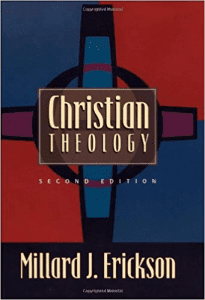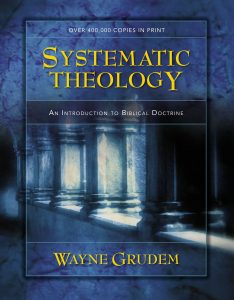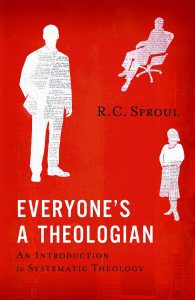After a stressful work week I long to spend time with my Heavenly Father. I want to get some of that rest He talks about in His Word. What does He say?
“Come to me, all who labor and are heavy laden, and I will give you rest. Take my yoke upon you, and learn from me, for I am gentle and lowly in heart, and you will find rest for your souls. For my yoke is easy, and my burden is light.” (Matthew 11:28-30 ESV)
I feel a gentle nudge in my heart from the Lord inviting me to sit with Him. I know I need to talk with Him about what bothered me during the week or what’s worrying me – To let Him tend to everything that’s going on in my heart and mind. But resting with the Lord is a discipline. It’s not our natural instinct. Like working out or drinking 8 glasses of water a day, I feel so much better after I do it, but actually doing it is the hardest part. I know I need time with the Lord, but sometimes I reach for the TV remote instead.
It’s not that watching TV is all bad, or whatever the numbing pastime of choice is (busyness, social media scrolling, online shopping, alcohol…). These things may be fine in moderation, but are a problem when we turn to them for rest. After binge watching a show for hours I don’t feel rested. I feel restless, bored and unsatisfied. After spending time with the Lord, I always feel more peace, more joy, more grateful, and more content.
Are there times when you feel weary or worn down and instead of seeking the One that gives true rest you choose to numb, distract or entertain yourself?
I’m inviting you to join me on an adventure this year – To visit a spacious place, a guilt free zone, a place with no to-do list because everything has already been done. A whole day that is set aside to enjoy God and your loved ones. A day to do the things that give you life that you normally put off because you are too tired or too busy or too tired from being too busy. A day to marvel at God, who He is and His goodness in your life. A day where time slows down, you catch your breath and He refreshes you. I’m inviting you to celebrate the Sabbath.
I know what you might be thinking, because I once thought it, too: “The Sabbath is so legalistic” or “I don’t have time to practice the Sabbath” or “What even is the Sabbath?”
I mentioned earlier that resting with the Lord is a discipline, but more specifically, it is a Spiritual discipline. Like prayer, Bible study, worship and service, followers of Jesus practice disciplines to connect to Him, hear from Him, show devotion to Him, and look a little more like Him.
Let’s look at the creation story in Genesis 2:
“Thus the heavens and the earth were finished, and all the host of them. And on the seventh day God finished his work that he had done, and he rested on the seventh day from all his work that he had done. So God blessed the seventh day and made it holy, because on it God rested from all his work that he had done in creation.”(Genesis 2:1-3 ESV)
Here we see God showing us a healthy rhythm for living – Work six days and rest on the seventh. God did not need to rest. He doesn’t get tired, but we do. He made us and He knows what is best for us. In verse 3, it says He made the day holy. Holy means set apart for God. The seventh day was made special and was meant to be different from the other six.
Think for a moment. What would your life look like if you did all your work in six days so you could rest on the seventh? If you have a busy life or busy family schedule I know this may seem impossible, but try to keep an open mind.
Let’s look at a few more examples of Sabbath in the Bible. In Exodus 16, the Israelites are in the wilderness after God delivers them from Egypt and frees them from slavery. God provides manna each day for them to eat, but on the sixth day they are instructed to gather twice as much so that they can rest on the seventh. God is teaching them how to work and rest. As slaves, the idea of rest would have been foreign to the Israelites. They likely worked hard every day without weekends off or vacation time. God was giving them a gift, but sadly, they may not have seen it that way. Exodus 16:27 reveals that some still went out to gather manna on the seventh day.
In Exodus 20:8-11, we see the Sabbath in the Ten Commandments. God’s people are instructed to “remember the Sabbath and keep it holy.” If we read through all of the other nine commandments there aren’t any that are not still good to follow today. They are all full of wisdom and the Sabbath is included in them.
Let’s recap. So far we have learned that incorporating the Sabbath is a healthy rhythm for living. It’s a beautiful and wise gift from God. We discover even more in the New Testament gospels:
“He [Jesus] went on from there and entered their synagogue. And a man was there with a withered hand. And they asked him, ‘Is it lawful to heal on the Sabbath?’—so that they might accuse him. He said to them, ‘Which one of you who has a sheep, if it falls into a pit on the Sabbath, will not take hold of it and lift it out? Of how much more value is a man than a sheep! So it is lawful to do good on the Sabbath.’ Then he said to the man, ‘Stretch out your hand.’ And the man stretched it out, and it was restored, healthy like the other. But the Pharisees went out and conspired against him, how to destroy him.” (Matthew 12:9-14 ESV)
Jesus points out that it is lawful to do good on the Sabbath. Over and over in the New Testament Jesus heals on the Sabbath. In Luke 13:10-17, He heals a woman that was bent over and could not straighten herself. In Luke 14:1-6, He heals a man with dropsy and in John 5:1-15, we see Jesus heal a man at the pool of Bethesda.
The Pharisees added their own rules to the Sabbath. These extra rules made Sabbath legalistic and burdensome to the people. The Pharisees had lost sight of the real purpose of Sabbath and were more interested in appearing religiously perfect. Religion without the love of God and people is empty and not of God at all. They didn’t care about the people they were supposed to be ministering to. True Sabbath must involve the heart. Jesus cared about the people. His example and message in the gospels shows that we too can do good and minister to others when the opportunity presents itself – Regardless of what day it is. Jesus is not saying we no longer need to observe the Sabbath. He is stripping away the extra rules that were added.
The evil one will always take a good and pure gift from God and twist and pervert it into something it was never meant to be. I find it interesting that to this day so many followers of Jesus still view the Sabbath as legalistic and burdensome. We are missing the heart of Sabbath. The Sabbath is a gift to us to rest and enjoy God.
If you have never observed the Sabbath before, it may take some time and practice to figure out what works for you. That’s ok. I personally had never seen the Sabbath lived out well by anyone, so it was hard to know where to start. Here are some things to keep in mind when planning your Sabbath.
Practical Tips for Getting Started
Pick a day to practice Sabbath – Most people choose Sundays, but another day of the week may work better for you. Sabbath is traditionally observed from sunset to sunset. So if you pick Sundays to Sabbath, it would start on Saturday at sunset and end on Sunday at sunset.
Plan ahead and prepare in advance – Sabbath will not happen without some planning. Get your groceries, do your chores, maybe get a meal in the crockpot earlier in the day so that when sunset comes you can just eat and relax.
Be intentional – Light a candle and say a prayer to begin your Sabbath. Invite others to your Sabbath meal. Talk about what God is doing in your lives and remember all He has already done. Celebrate Him.
Enjoy God as you spend time with Him – Practice some of the other restful Spiritual disciplines like reading Scripture and meditating on Scripture. Add times of silence, solitude and prayer.
A Few Things to Avoid
Work – Sounds simple, but figuring out what work is for you can be tricky. For example, some people enjoy spending time tending to their yard and they even feel connected to God while they are outside with their plants, they call it gardening. I call it yard work and it is work for me. Ask yourself: “What is life giving to me?” and “What activities make me feel most connected to Him?”
Buying things – The Sabbath is a day for cultivating gratefulness and contentment by enjoying what you already have. Shopping can feed that little voice in us that constantly wants more, bigger or better.
Avoid distractions – Cell phones are the biggest culprits. They are constantly distracting us. I’m not going to tell you to turn it off, but be aware of how much time you are spending on it and how often you check it. The goal is to be present to God and the people you choose to spend Sabbath with.
I pray that Sabbath would become something you look forward to every week. Since I’ve started practicing Sabbath my thoughts on it have drastically changed. Before, it seemed impossible. I doubted that I could get everything done so that I could celebrate Sabbath, and worried about how I would fill the day. It took some trial and error finding my restful rhythm with the Lord, but was so worth it! Give it a try, ask Him for help and be open to the ideas He brings to your mind. I believe it will be worth it for you, too.
All for His glory,
![]()
 About the Author, Sarah Bulkley
About the Author, Sarah Bulkley
I’m a wife, dog mom, pediatric dental assistant. I love spending my free time meditating on scripture, listening to old sermons, practicing yoga, and antique shopping.
I fell in love with Jesus at a young age, but my passion for women’s ministries and Bible Study really began when I joined my first Bible Study group in 2010. I love encouraging women to know and love the Bible.
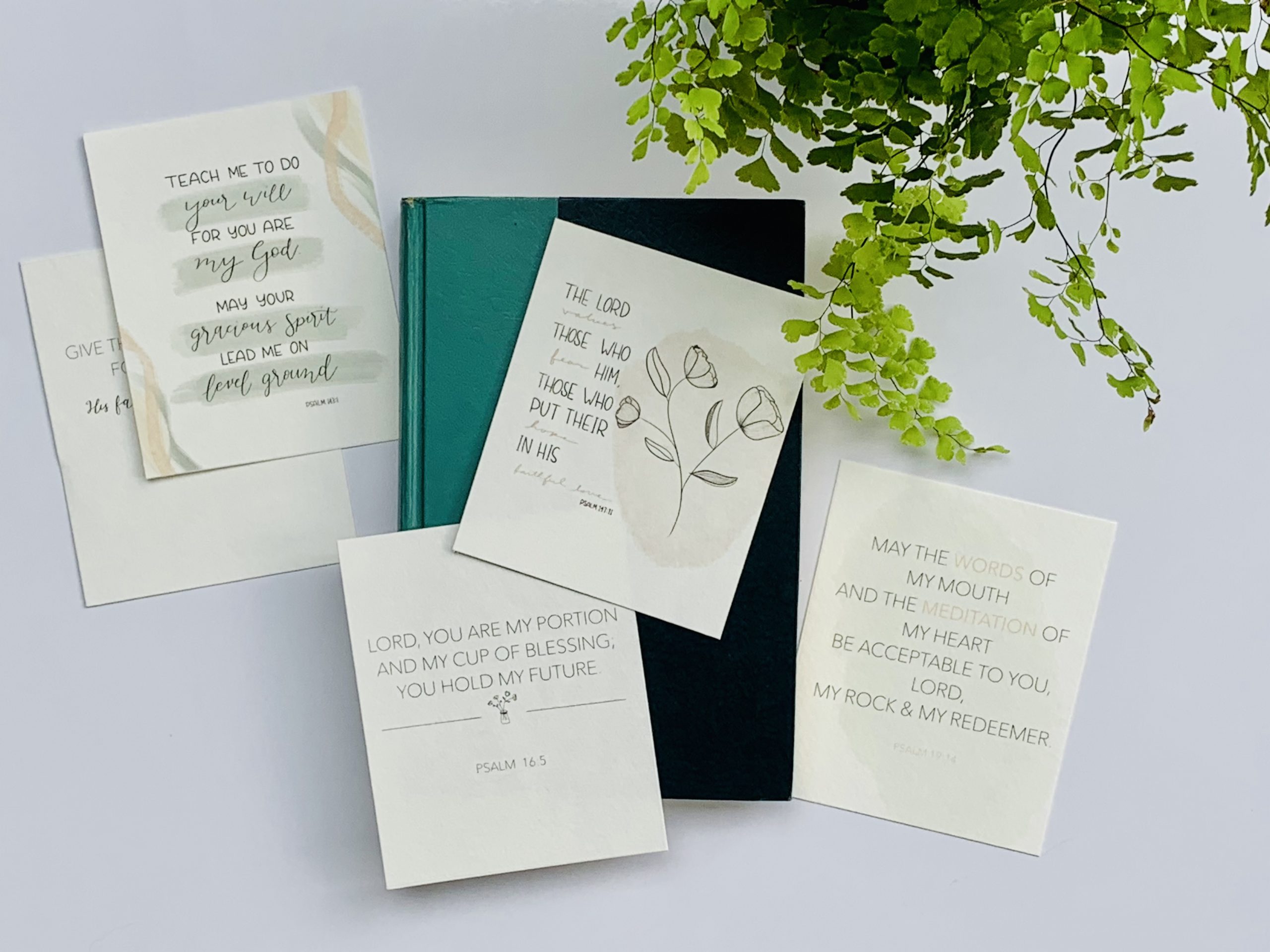

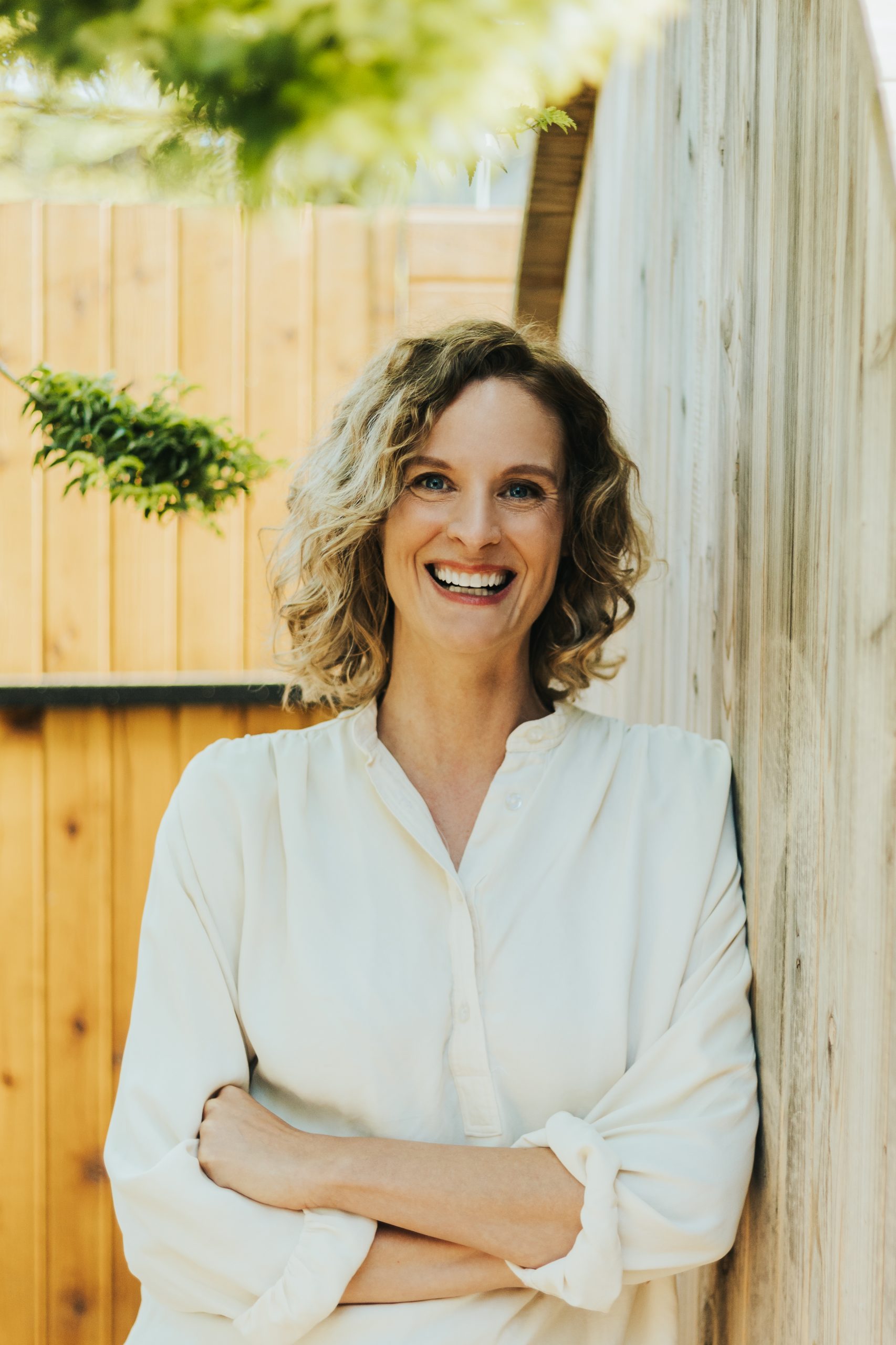

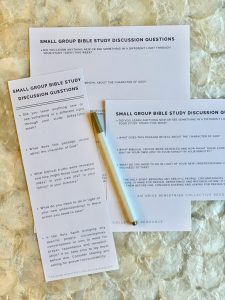

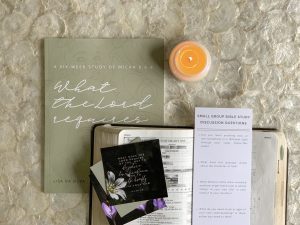




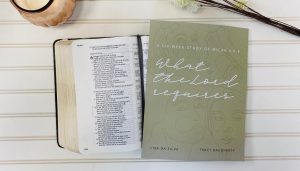

 About the Author – Lisa DaSilva is a wife, mom of two teenagers, a teacher, and an advocate for women to love God with their heart, soul, and mind as they engage in responsible study of His Word. Loving Jesus and making Him known really is her everything.
About the Author – Lisa DaSilva is a wife, mom of two teenagers, a teacher, and an advocate for women to love God with their heart, soul, and mind as they engage in responsible study of His Word. Loving Jesus and making Him known really is her everything.




